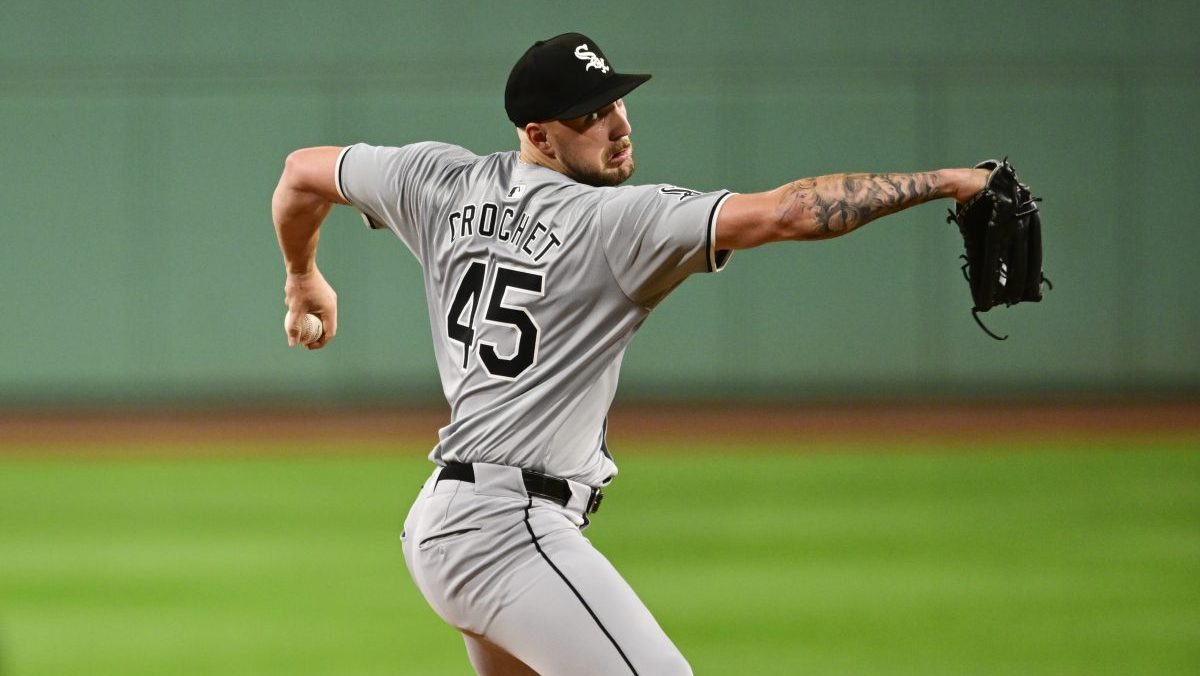
Josh Bell warned his young Miami Marlins of the dangers that lurked in Philadelphia.
Yes, the Phillies' big bats of Bryce Harper and Bryson Stott and aces Zack Wheeler and Aaron Nola certainly played a factor in why the Marlins should have been wary.
Watch NBC6 free wherever you are
>But it was the noise that Bell feared might rattle the Marlins.
That Red October cacophony of rapturous cheering, constant clapping, ear-pounding roars that have turned Citizens Bank Park into one of the biggest menaces for visiting teams in all of sports.
Get local news you need to know to start your day with NBC 6's News Headlines newsletter.
>“I was trying to prepare the guys for it just on the flight over,” Bell said before a 7-1 loss Wednesday night completed Philadelphia's two-game Wild Card Series sweep.
Bell was in the lineup a year ago for San Diego when Harper hit a decisive two-run homer that ushered the Phillies into the World Series. About a year later, Bell was back in the postseason, this time a helpless bystander at first base for the Marlins as Bryson Scott hit a grand slam that turned the ballpark into a madhouse.
The Marlins couldn’t solve Wheeler or Nola. Their pitching couldn’t shut down Philly’s big boppers. And the Marlins sure couldn’t quiet a Phillies crowd that came primed for another postseason party.
Sports
Big league batting champion Luis Arraez, playing on a sprained left ankle, was 1 for 8 with no RBIs, as was Jorge Soler. Jazz Chisholm Jr. was 0 for 8 with four strikeouts. The Marlins hit .194 and scored just two runs.
Still, getting swept shouldn’t be viewed as a total downer in Miami. The surprising Marlins earned only the fourth playoff berth in the history of a franchise that started play in 1993, albeit one with a pair of World Series titles.
Heartened by first-year manager Skip Schumaker’s relentless optimism and shrewd moves by general manager Kim Ng, the largely anonymous Marlins — who finished with 93 or more losses in each of the previous four non-pandemic-shortened seasons — went 84-78. And they did it on the cheap.
Miami’s payroll at the end of the season was just $104 million, less than half of the $241 million spent by the Phillies.
The Marlins earned the NL's second wild card despite a minus-57 run difference, the worst of any postseason team in major league history.
Yet, behind Arraez's .354 batting average and Soler’s 36 homers, the Marlins finished a remarkable 33-14 in one-run games.
Now they’re headed home, leaving the Philly frenzy behind them.
“As a manager, I was sitting back and kind of observing it a little bit more, and it was loud,” Schumaker said. “You could see the towels. I think you saw some of our players kind of look around like, OK, this is what the postseason is all about. If you haven’t been there before, you don’t know. Talking with some of our younger guys that haven’t been there, talking with them this morning, they’re like, OK, I get it.”



